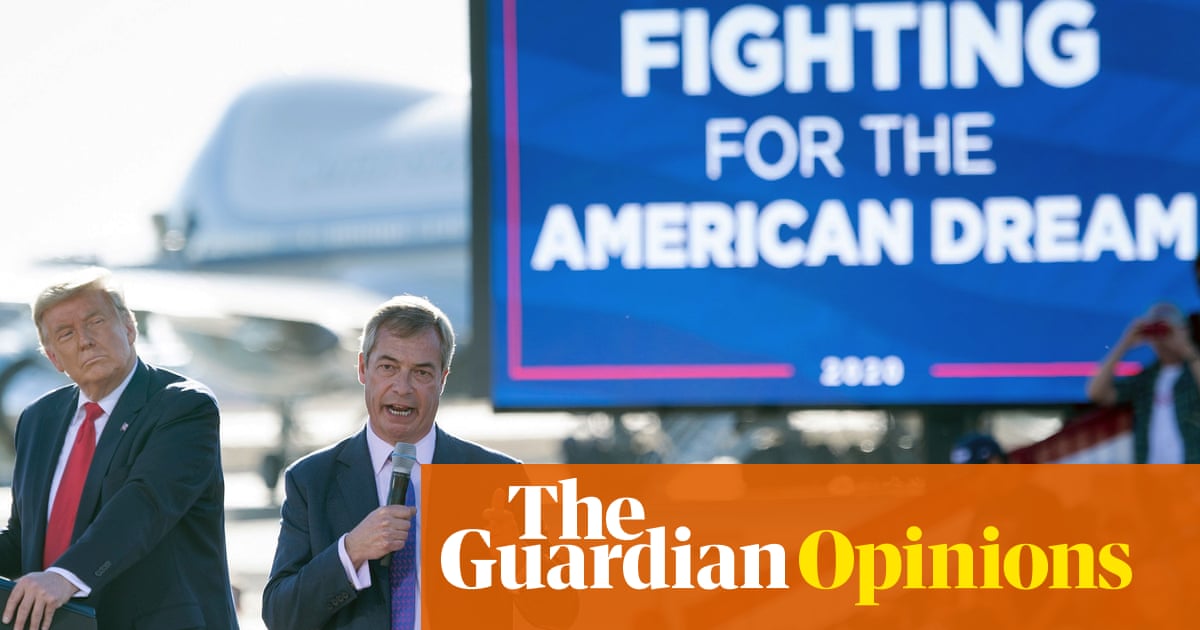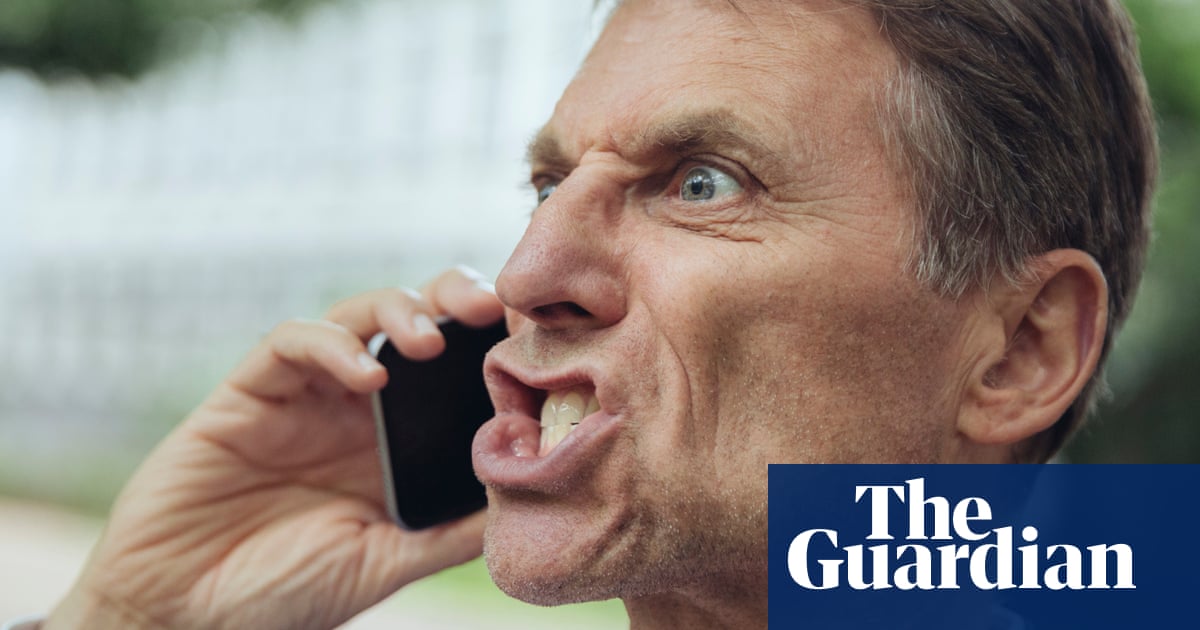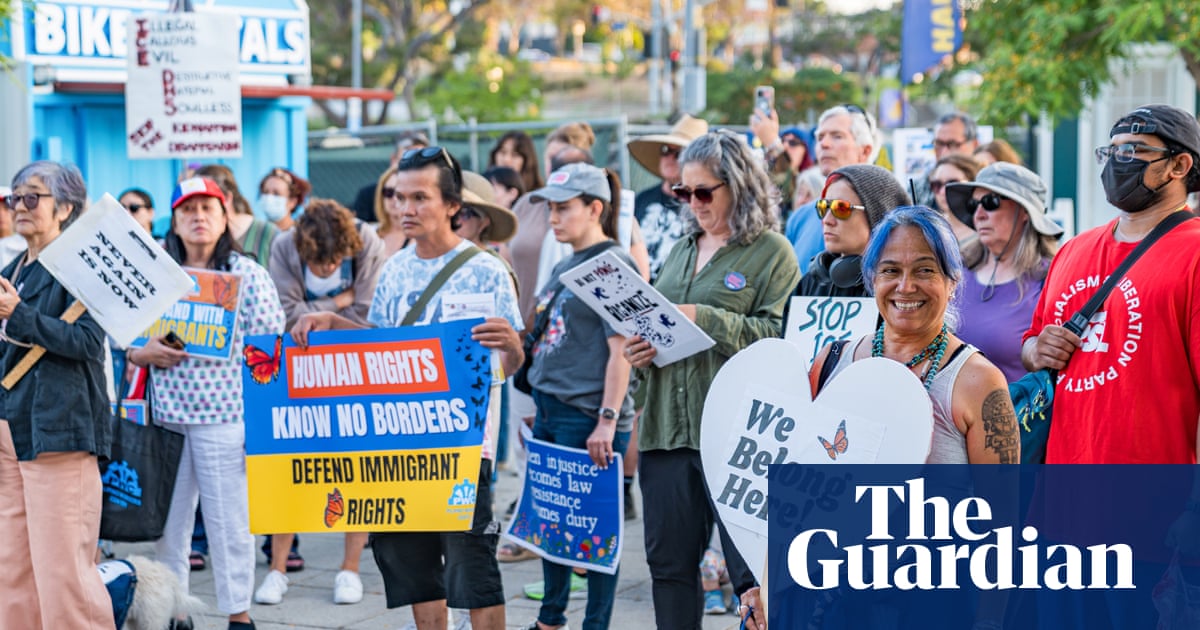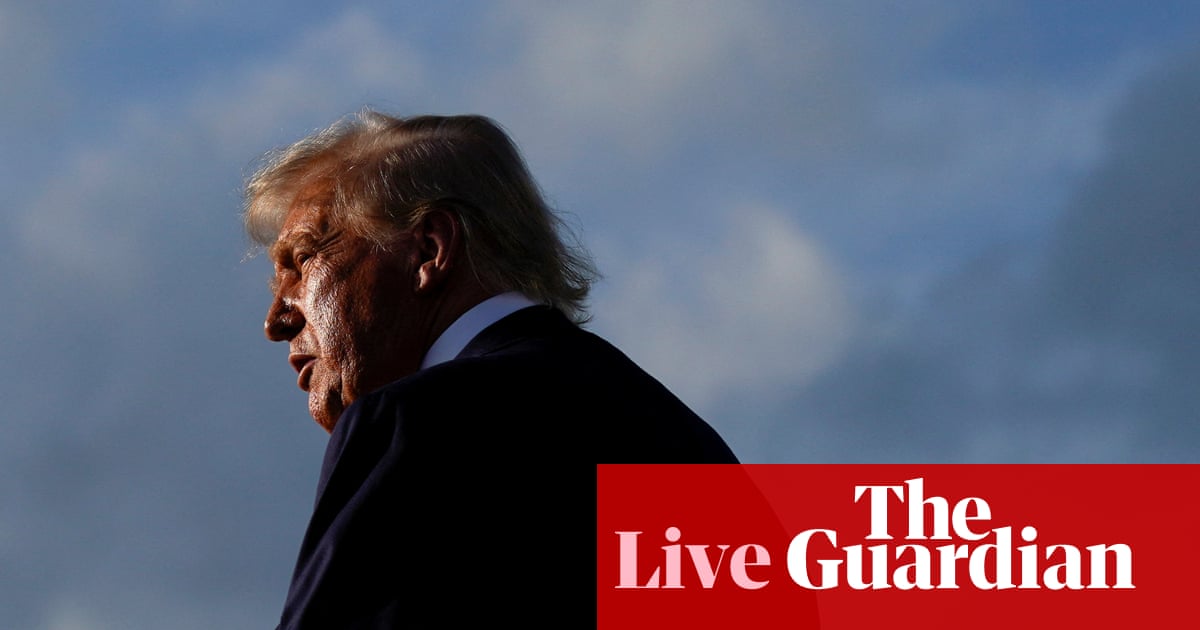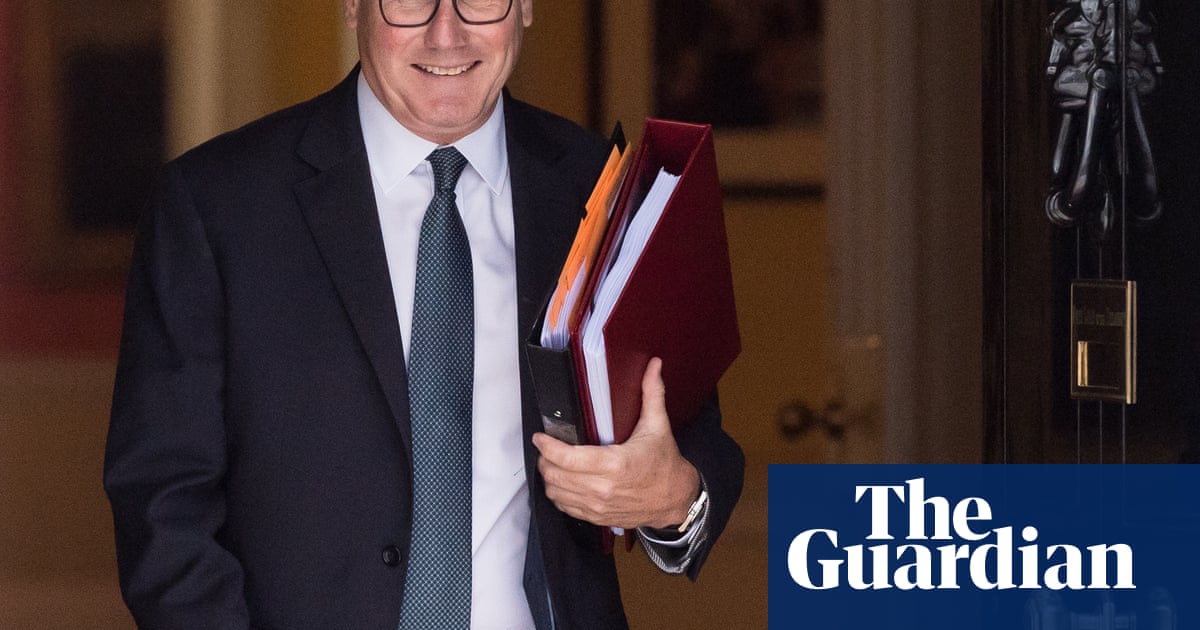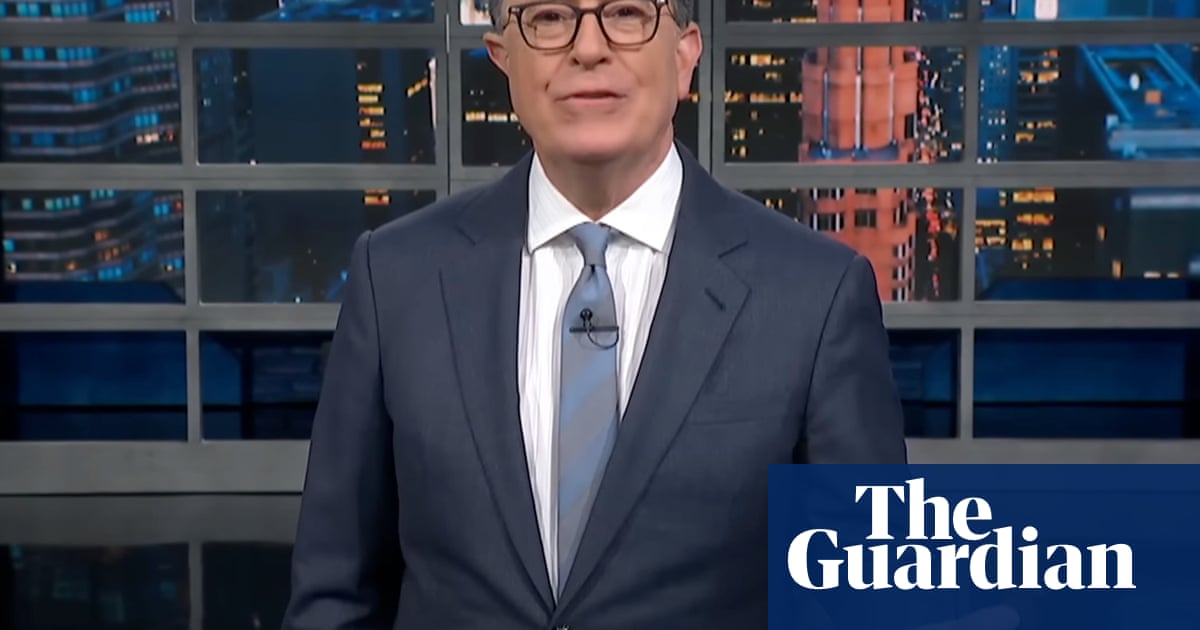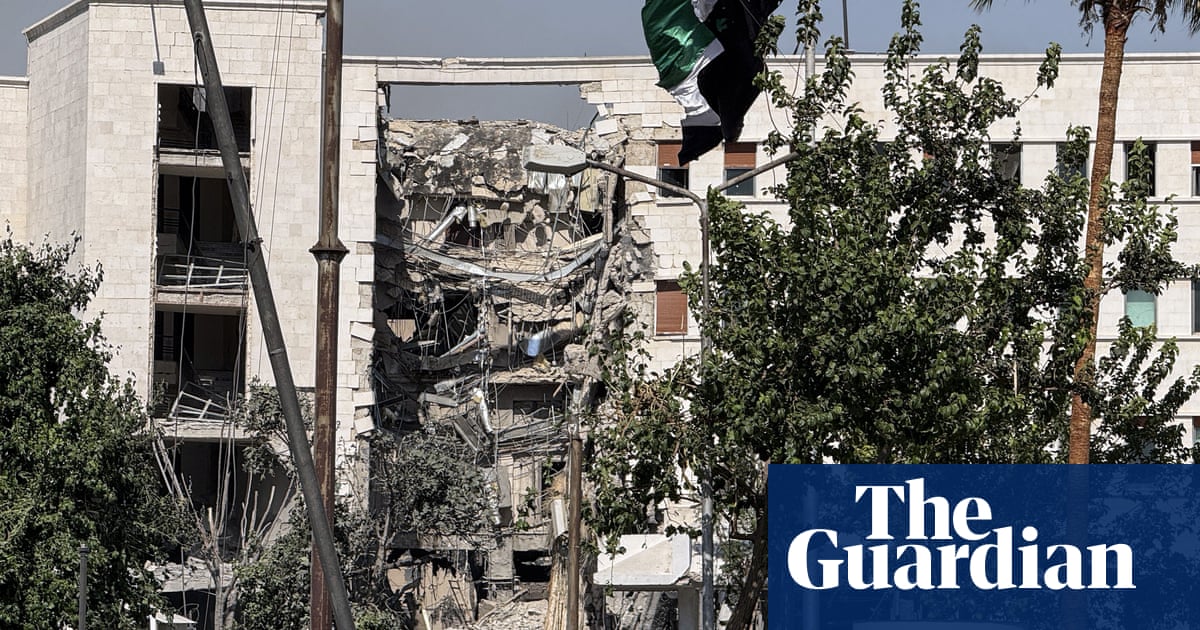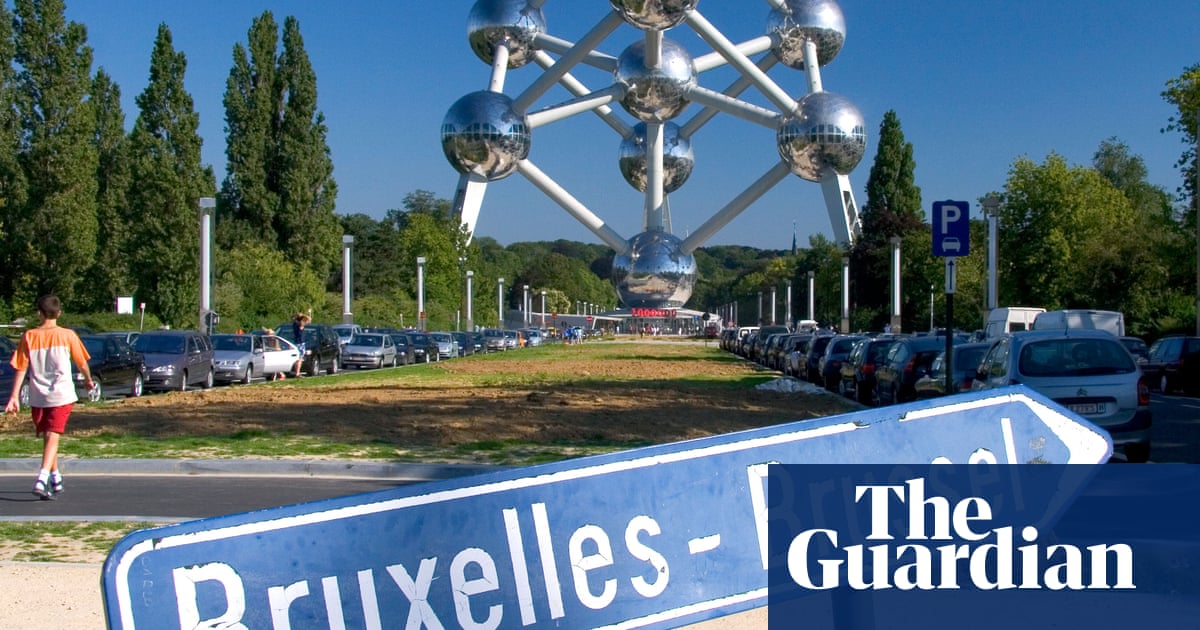UK inflation unexpectedly rose in June driven by fuel and food prices, according to official figures, underscoring the challenge facing the chancellor, Rachel Reeves.
The Office for National Statistics said the consumer prices index rose by 3.6% last month, up from a reading of 3.4% in May. City economists had forecast an unchanged reading.
Richard Heys, the acting chief economist at the ONS, said: “Inflation ticked up in June driven mainly by motor fuel prices, which fell only slightly, compared with a much larger decrease at this time last year.
“Food price inflation has increased for the third consecutive month to its highest annual rate since February of last year. However, it remains well below the peak seen in early 2023.”
The rise comes as Labour faces intense scrutiny over its economic management after two months of negative growth and with speculation mounting over tax rises.
Reeves sought on Tuesday to shrug off Britain’s anaemic growth performance at her Mansion House speech, telling City bankers she would slash red tape to help reboot the economy.
The UK’s annual inflation rate has risen this year after dramatic increases in water bills, energy costs and council tax – complicating the Bank of England’s approach to cutting interest rates. Threadneedle Street forecasts inflation will peak at 3.7% in September – almost twice its 2% target rate.
Highlighting the pressure on households, the latest snapshot showed the annual inflation rate for food and drink jumped to 4.5%, the highest recorded since February 2024, driven by the rising price of cakes, meat, milk, eggs and cheddar cheese.
Motor fuel prices fell by 9% in the year to June 2025, compared with a drop of 10.9% in the year to May. Because prices fell by less than a year earlier, this contributes to pushing up the annual inflation rate.
Average petrol prices fell by 0.5p a litre between May and June 2025, compared with a larger fall of 3p between the same two months a year earlier. The average price stood at 131.9p a litre in June, down from 145.8p a year earlier.
Diesel prices also fell less sharply than a year earlier, with a decline of 0.6p a litre in June 2025, compared with a drop of 4.8p in 2024. The average diesel price stood at 138.5p a litre, down from 151.5p a year earlier.
While the Bank has cut its base interest rate four times in the past year, most recently in May, to 4.25%, economists warned that evidence of lingering high inflation could delay further reductions.
Services inflation, a measure the central bank views as a better guide to domestically generated price pressures than the headline rate, unexpectedly held steady at 4.7% in June, led by the largest June increase in air fares since 2018. City economists had predicted a modest fall to 4.6%.
after newsletter promotion
However, concerns are growing over the strength of the UK economy amid a slowdown in the jobs market and as Donald Trump’s erratic trade war weighs on the global outlook. Official figures due on Thursday are expected to show a further cooling in the labour market in the three months to May.
Suren Thiru, the economics director at the Institute of Chartered Accountants in England and Wales, said: “While June’s hot inflation won’t deter policymakers from sanctioning an August policy loosening, given mounting worries over economic conditions, these figures may increase caution over the pace of future rate cuts.”
Business leaders had warned that Reeves’s £25bn increase in employer national insurance contributions, introduced in April, would force them to cut jobs and pass on the costs to consumers by raising their prices.
Mel Stride, the shadow chancellor, said Labour’s tax decisions were adding to pressure on households. “This morning’s news that inflation remains well above the 2% target is deeply worrying for families.”
Reeves acknowledged there was “more to do” to put more money into people’s pockets. “I know working people are still struggling with the cost of living. That is why we have already taken action by increasing the national minimum wage for 3 million workers, rolling out free breakfast clubs in every primary school and extending the £3 bus fare cap,” she said.

 10 hours ago
5
10 hours ago
5




